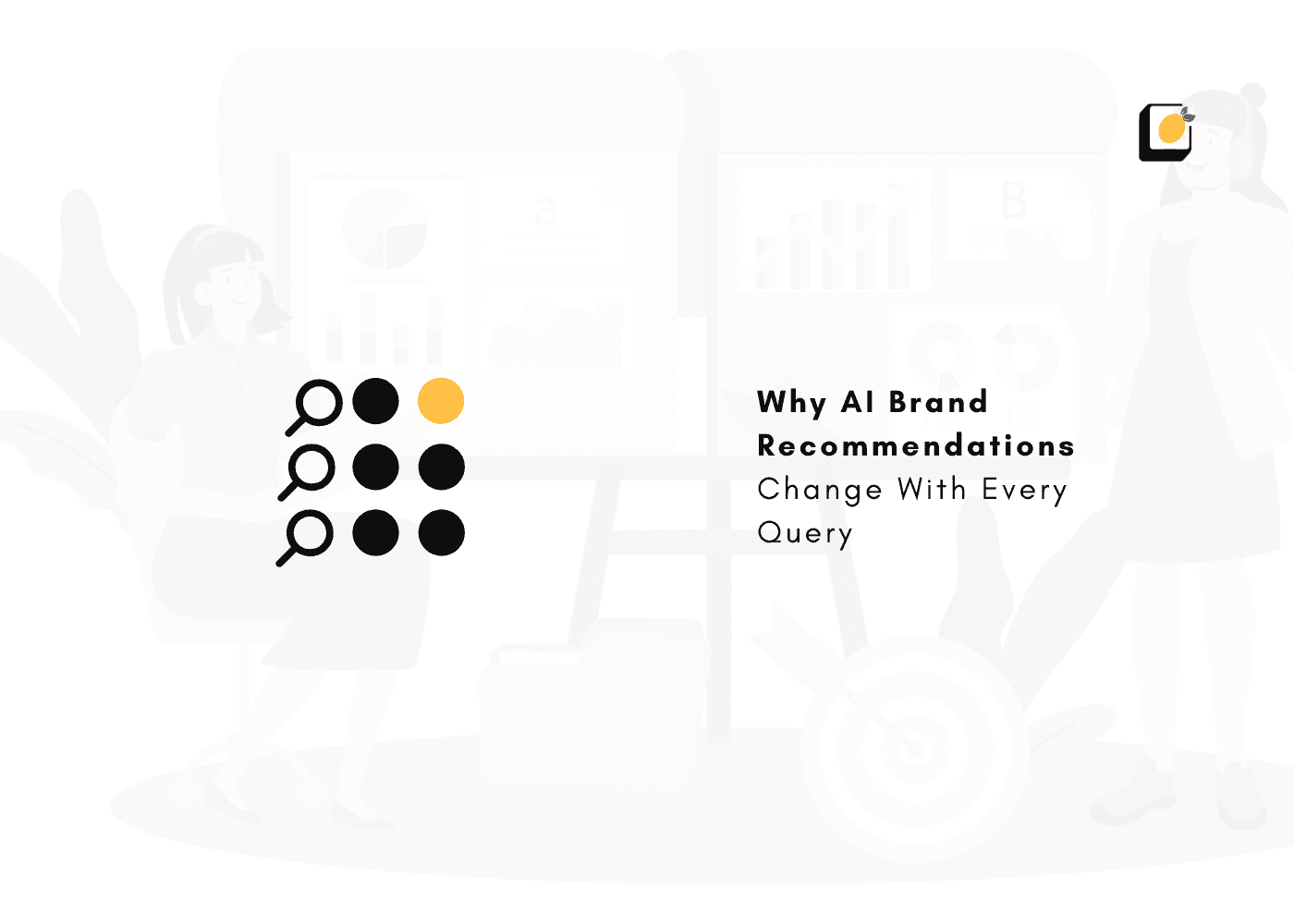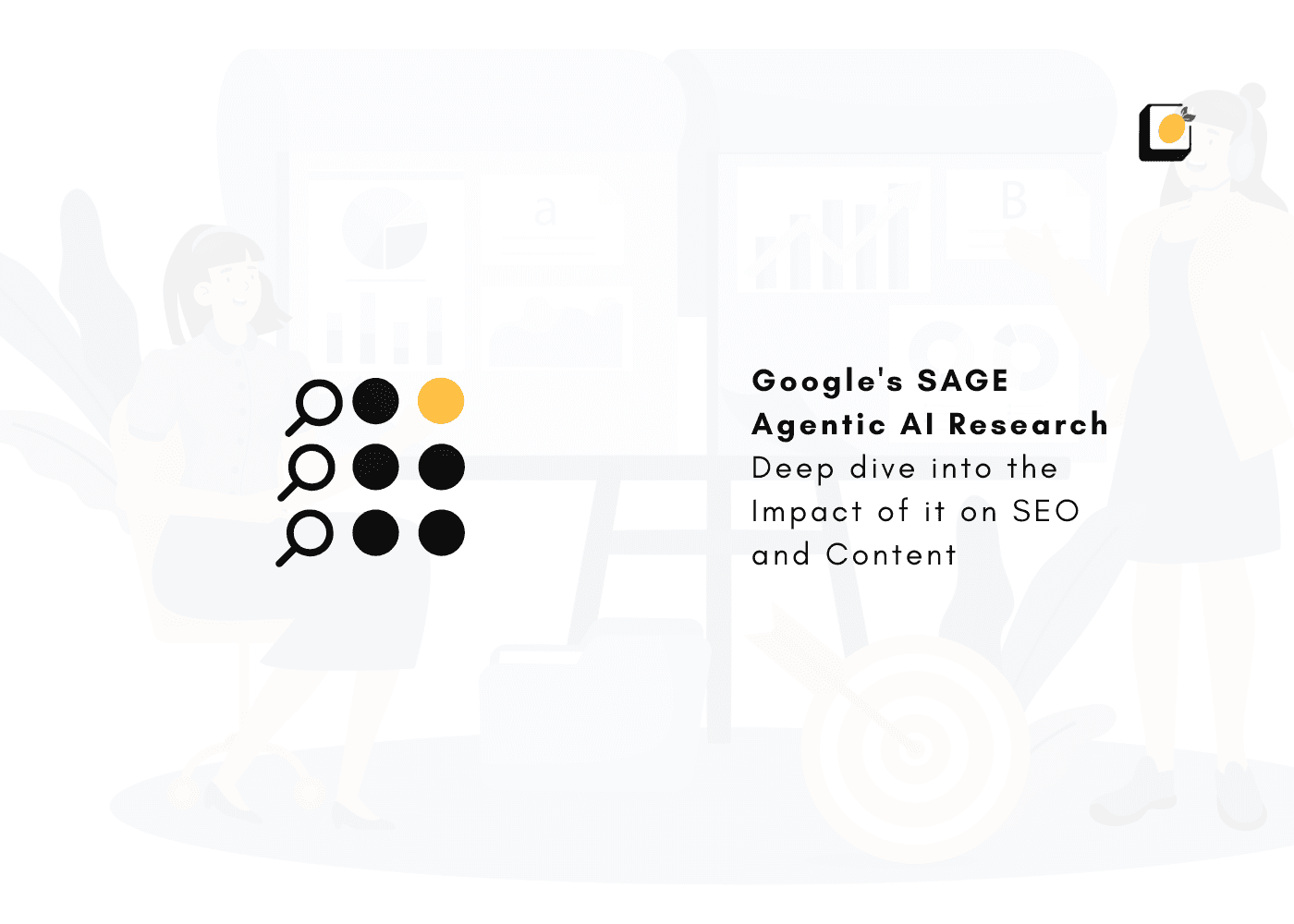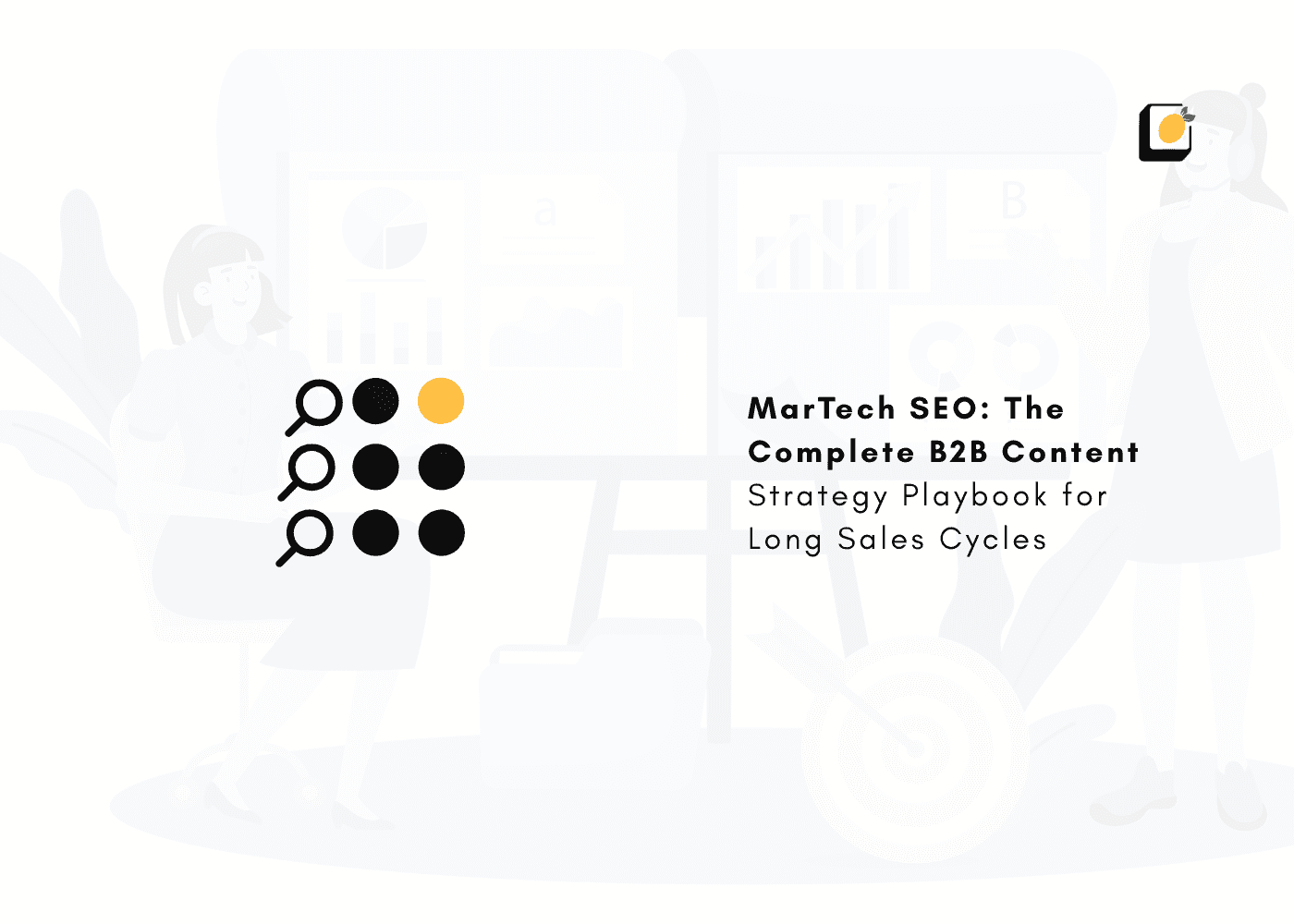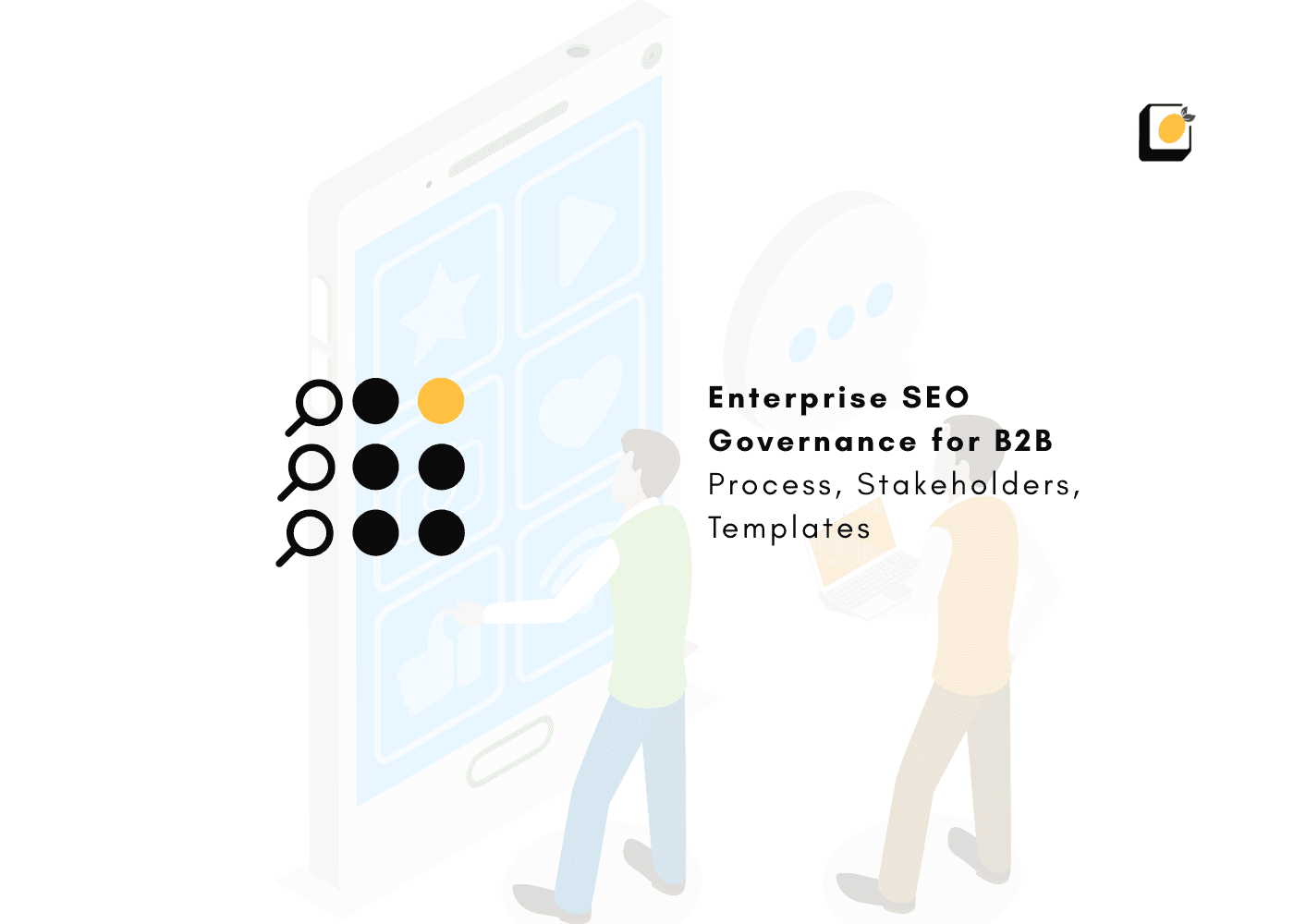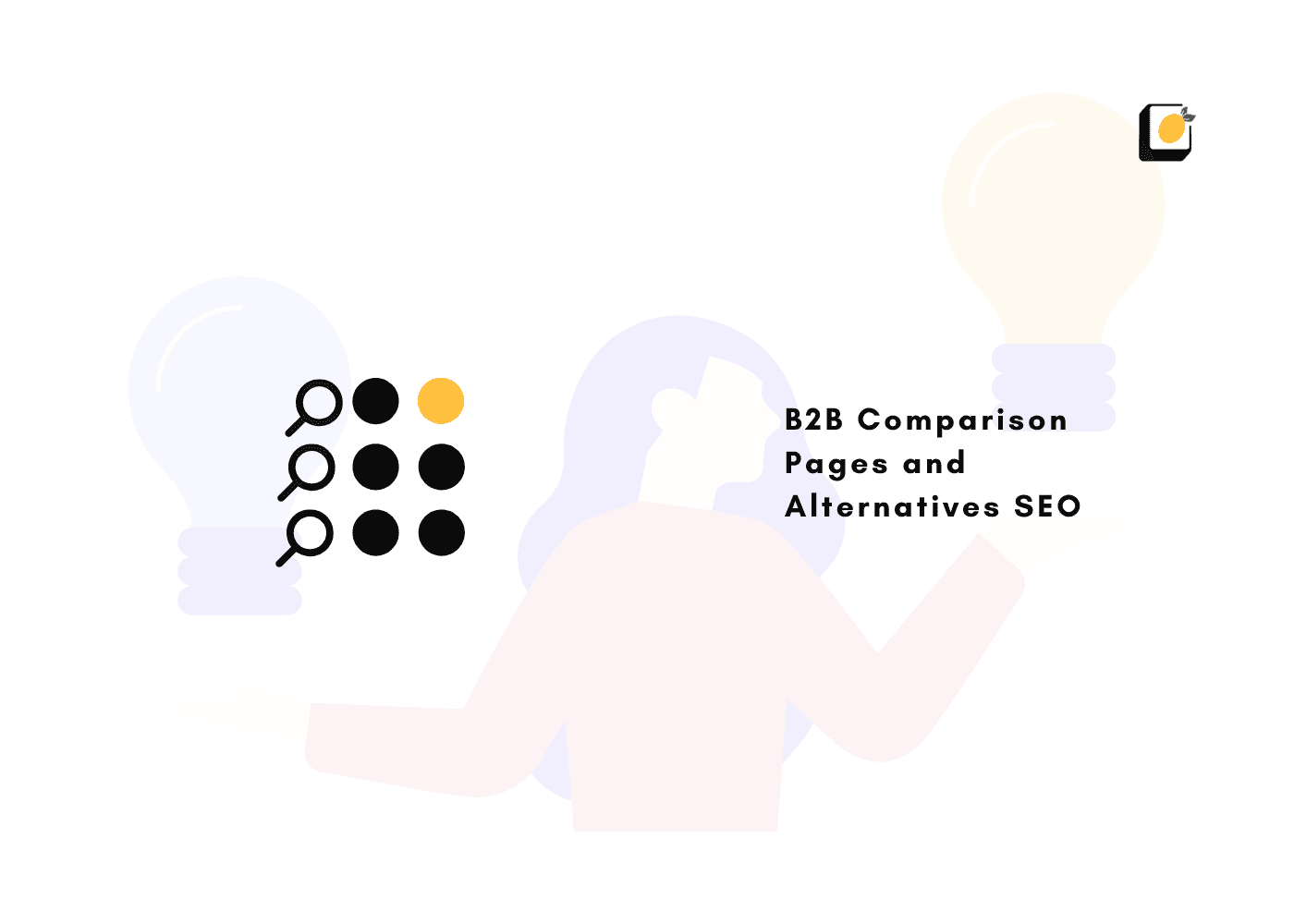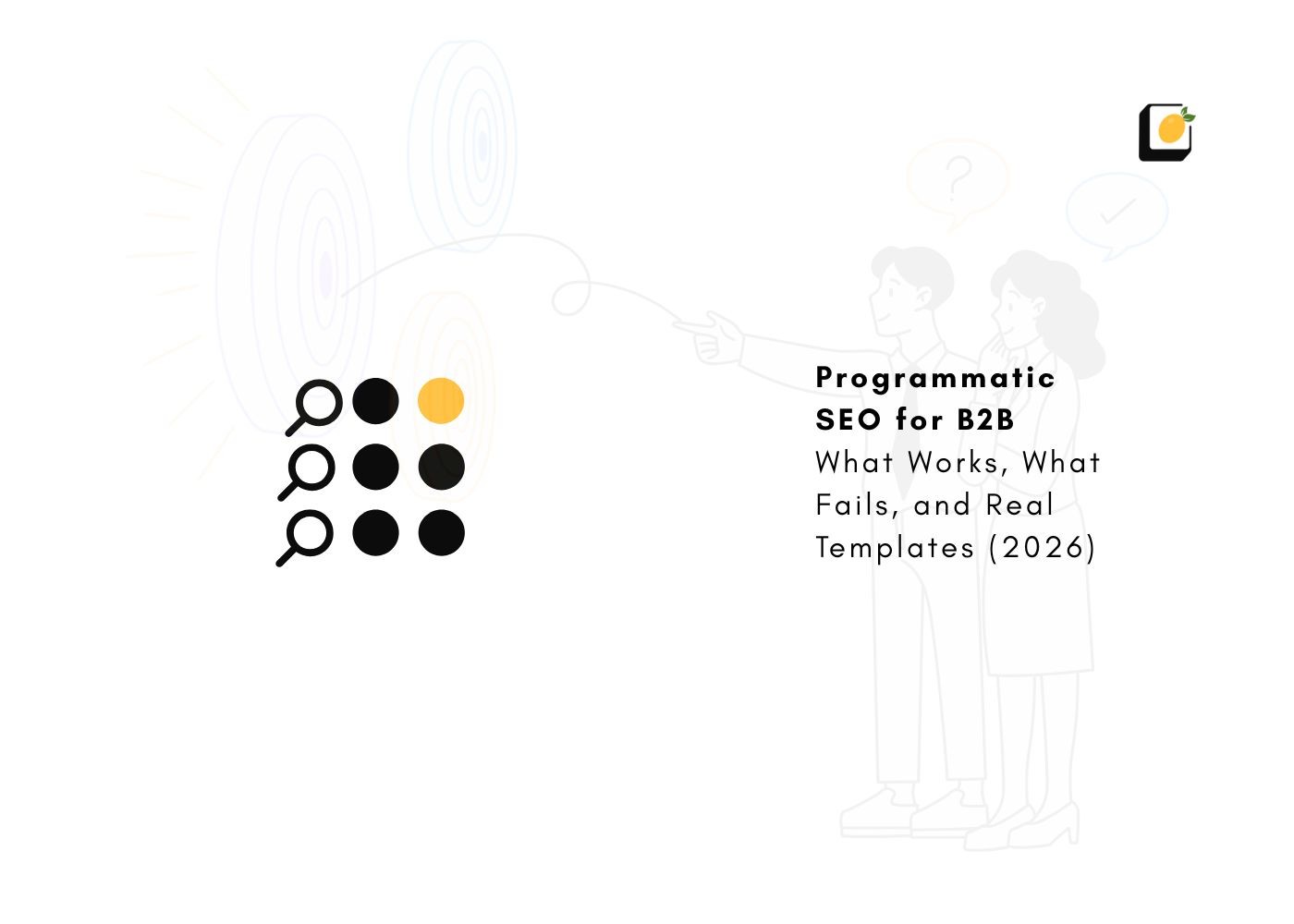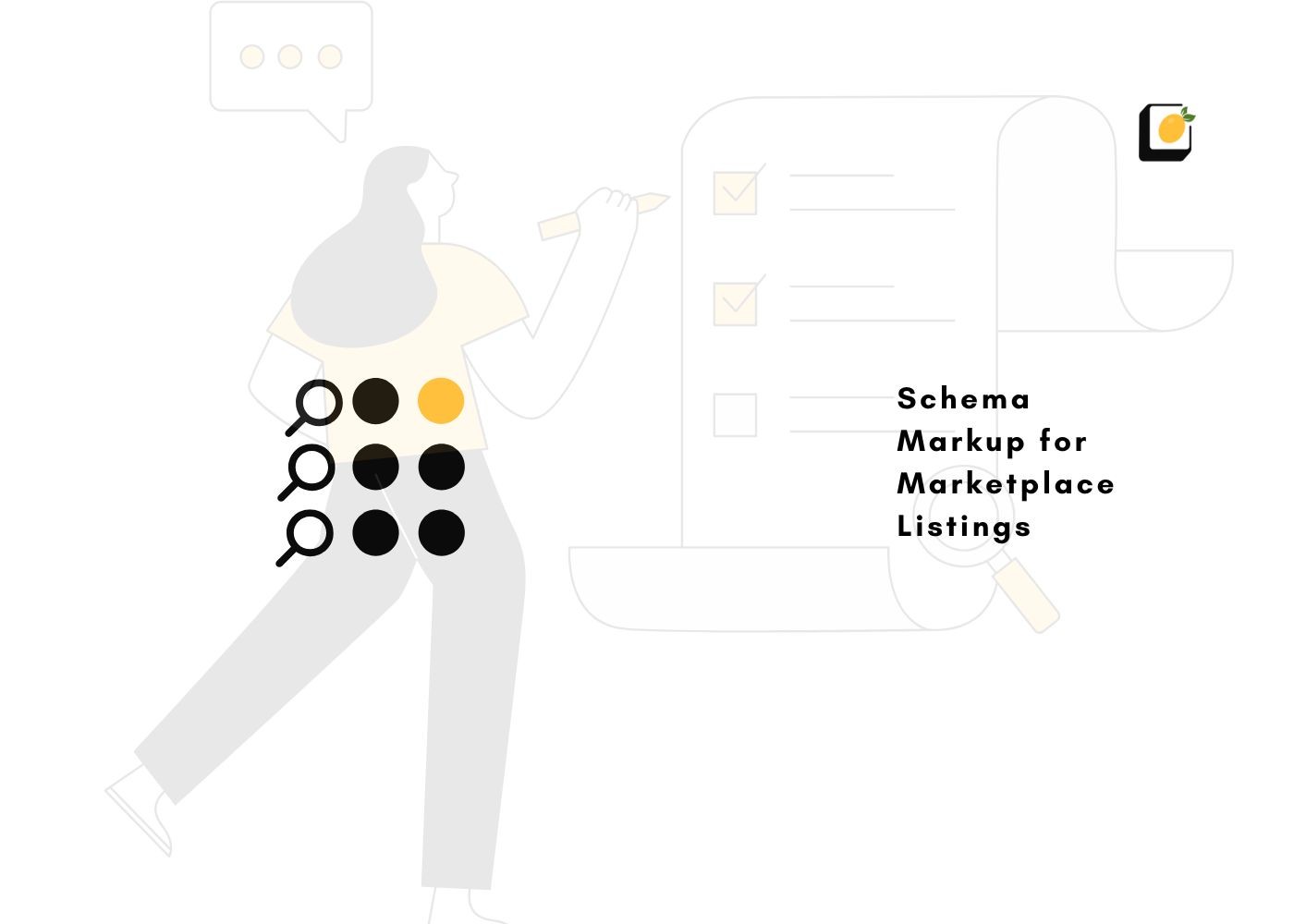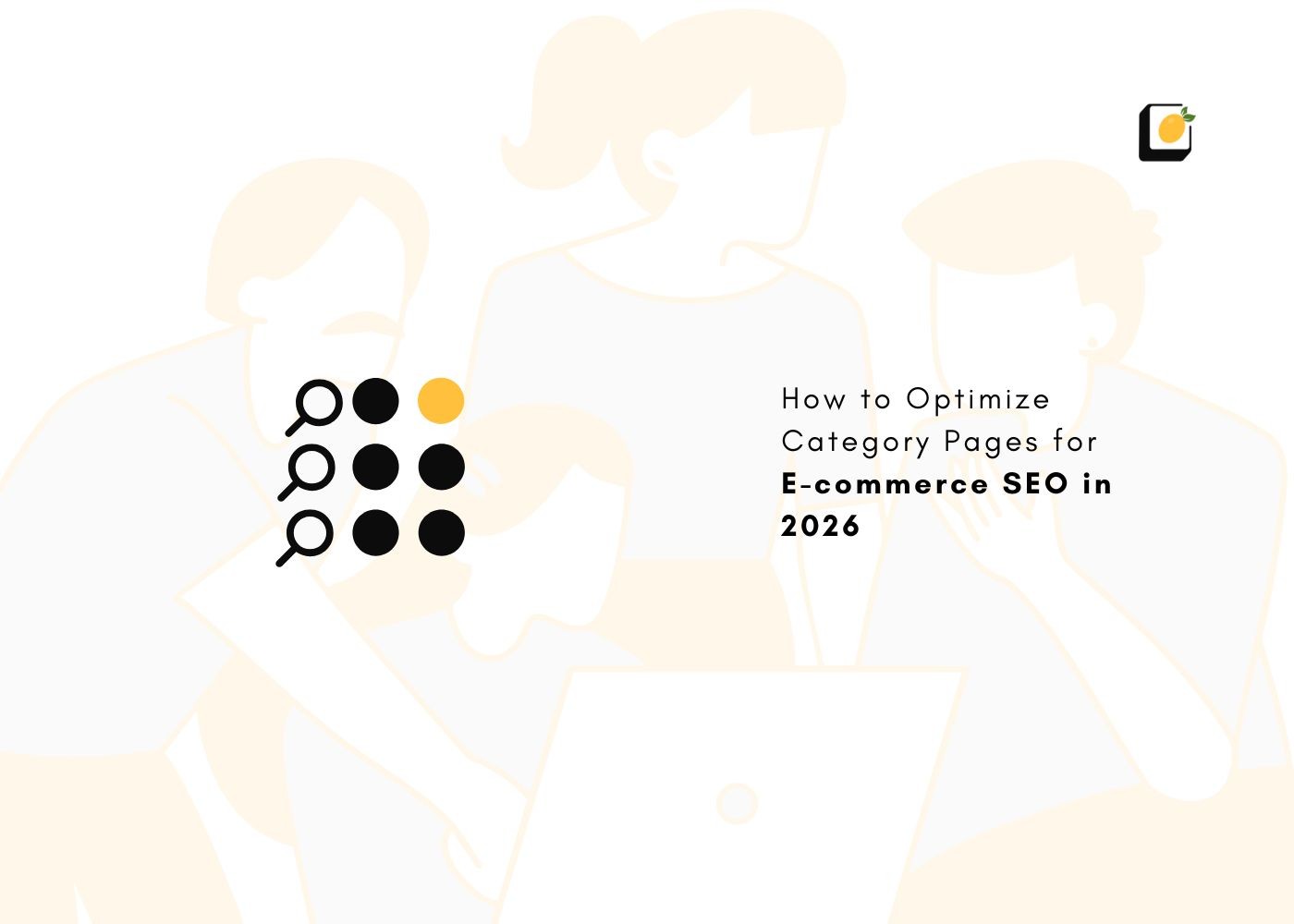Ecommerce SEO Platform Buyer’s Guide: Must-Have Features + RFP
September 23, 2025
Join 500+ brands growing with Passionfruit!
The ecommerce space is more competitive than ever, and visibility is no longer optional, it’s survival. Search drives the majority of online purchases, which means your SEO setup can make or break growth. Choosing the right ecommerce SEO platform ensures your store not only ranks well but also scales efficiently.
This guide dives deep into must-have features, evaluation criteria, and an actionable RFP checklist to help you choose the best SEO platform for ecommerce growth.
Understanding Ecommerce SEO Platforms
An ecommerce SEO platform is a specialized software solution that helps online retailers optimize their websites for search engines. It consolidates features like keyword tracking, technical audits, schema implementation, and competitor analysis. Unlike general SEO tools, these platforms are designed with ecommerce-specific needs in mind: managing product pages, category hierarchies, structured data, and dynamic catalogs.
Importance of SEO for Ecommerce Websites
Without a robust SEO strategy, ecommerce websites risk being invisible to customers. SEO improves:
Organic rankings for product and category keywords.
Visibility in SERP features like rich snippets and product carousels.
Conversions by driving intent-driven traffic.
In short, a strong ecommerce SEO platform powers discoverability, customer trust, and long-term revenue growth.
Must-Have Features in an Ecommerce SEO Platform
User-Friendly Interface and Administration
SEO teams, developers, and marketers often work together. Your platform should offer an intuitive dashboard, easy permissions, and admin controls. Clear navigation ensures quick adoption, while multi-user access supports cross-functional workflows.
SEO Tools and Analytics Capabilities
An ecommerce SEO platform must include:
Keyword tracking across thousands of SKUs.
Site audit tools for crawling and fixing errors.
Reporting dashboards connected to GA4 and Google Search Console.
Analytics should not just report data but provide actionable insights for ecommerce growth.
Integration with Payment Gateways
Though primarily SEO-focused, integration with payment gateway systems ensures end-to-end data capture. Tracking completed purchases helps attribute ROI back to SEO campaigns and determine high-value traffic sources.
Mobile Optimization Features
With mobile commerce dominating, your platform should offer responsive testing, Core Web Vitals monitoring, and mobile-first indexing reports. This guarantees your mobile ecommerce experience aligns with search engine requirements.
Security and Compliance Standards
Trust is critical in ecommerce. Platforms should adhere to ecommerce security standards like SSL, GDPR compliance, and data privacy protocols. Security lapses affect both rankings and customer loyalty.
Structured Data and Schema Markup Support
A strong platform should automate structured data setup for products, categories, reviews, and FAQs. Rich snippets increase CTRs and visibility across SERPs.
Competitor Benchmarking Tools
The best SEO platform for ecommerce should compare your rankings, SERP share, and backlink profile against direct competitors. Benchmarking uncovers gaps and informs content strategies.
Platforms like Passionfruit Labs go even further by pairing traditional SEO benchmarking with Generative Engine Optimization (GEO) visibility. This allows ecommerce brands to see not only how they stack up in Google SERPs, but also how often they’re being cited in AI-driven platforms.
Content Optimization and Recommendations
Beyond technical SEO, platforms should guide product descriptions, meta tags, and blog content creation. Features like semantic keyword suggestions and NLP analysis ensure relevance to search intent.
Crafting an Effective RFP for Ecommerce SEO Platforms
A Request for Proposal (RFP) ensures vendors present solutions aligned with your needs. Core sections include:
Business goals and SEO challenges.
Current platform limitations.
Required features like integrations with GA4, GSC, and Shopify.
Reporting expectations.
Budget and timeline guidelines.
Questions to Include in Your RFP
How does your platform handle large product catalogs?
Do you provide dynamic schema generation for ecommerce?
Can your system integrate with Shopify, Magento, or WooCommerce?
What is your approach to shopify SEO migration if replatforming?
How do you measure ROI from SEO campaigns?
Evaluating Vendor Responses
When reviewing proposals, weigh:
Feature fit vs. your RFP checklist.
Clarity on costs and scalability.
Quality of support and onboarding.
Past success stories in ecommerce verticals.
Evaluating Ecommerce Platforms: Key Considerations
Cost Analysis of Ecommerce Platforms
The shopify replatform SEO process or adoption of a new platform comes with costs. Factor in:
License fees (monthly or annual).
Implementation and onboarding charges.
Ongoing maintenance or premium feature costs.
The total cost math should include not just software but potential revenue uplift. A slightly higher investment may deliver a stronger ROI if visibility and traffic increase significantly.
Scalability and Future-Proofing Your Choice
As your ecommerce store grows, so should your SEO capabilities. Look for platforms that:
Handle millions of URLs without slowdown.
Update features based on algorithm changes.
Support AI-driven enhancements for predictive SEO insights.
Customer Support and Service Levels
Great software is only as good as the team behind it. Evaluate:
Availability of 24/7 support.
Dedicated account managers.
Training resources and knowledge bases.
A Shopify migration agency or ecommerce SEO vendor like Passionfruit can often combine platform services with hands-on expertise, making adoption smoother.
Conclusion: Making an Informed Decision
Selecting the right ecommerce SEO platform requires balancing must-have features, costs, and long-term scalability. Building a clear RFP process helps streamline vendor evaluation, ensuring you choose the best SEO platform for ecommerce growth.
Passionfruit Labs stands out by pairing ecommerce SERP tracking with GEO/AEO visibility, giving brands a complete future-ready SEO solution. Whether you’re a mid-market retailer or a global brand, investing in the right platform pays dividends in discoverability, revenue, and market share.
Key Takeaways
An ecommerce SEO platform centralizes tools for audits, keyword tracking, and analytics.
Must-have features include GA4/GSC integrations, schema automation, and mobile-first optimization.
An effective RFP outlines goals, integrations, and reporting expectations.
Total cost math should consider license fees, migration services, and ROI.
Vendor support is as important as platform functionality.
Platforms like Passionfruit help bridge traditional SEO and AI-driven search visibility.
FAQs
1. What is the best SEO platform for ecommerce?
The best SEO platform for ecommerce depends on your store size, budget, and integrations. Options like SEMrush, Ahrefs, and Passionfruit Labs stand out for depth and ecommerce-ready features.
2. What features should an ecommerce website have?
Every site should include structured data, mobile optimization, SSL security, fast page loads, and seamless integrations with Google Analytics and Shopify.
3. What are the three strategies for e-commerce?
The top three include SEO optimization, conversion rate optimization, and personalized customer engagement through content and automation.
4. Which platform feature is essential for a successful e-commerce site?
Dynamic SEO automation, such as schema, canonical management, and bulk meta updates, is critical for scaling ecommerce SEO efficiently.
5. How do I compare ecommerce SEO platforms effectively?
Use an RFP checklist, request demos, and map integrations with GA4, GSC, and Shopify. Compare total cost, scalability, and customer support quality.


